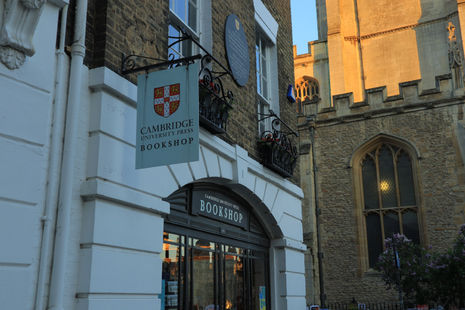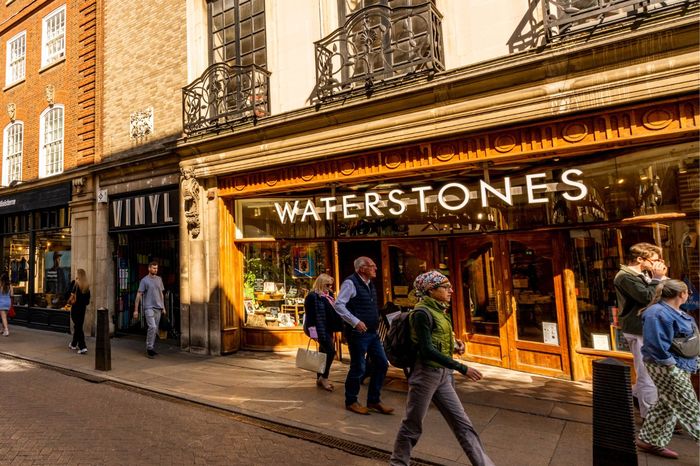News In Brief: publishing peril, parasocialism, and picturehouse protections
A light-hearted round-up of this week’s stories, from animal navigation to Cambridge Dictionary’s Word of the Year

Word of the Year
Cambridge Dictionary has been chosen “parasocial” to be its 2025 Word of the Year. The word was selected to spotlight a growing interest into the one-sided bonds people can form with celebrities, online influencers, fictional characters, and AI systems. Cambridge University Press & Assessment declared that a rising interest in these relationships defined the year, with psychologist Simone Schnall calling parasocial “the perfect” choice. She noted how such connections, often formed through social media, now shape fandom, celebrity, and digital interaction. Coined in 1956 to describe viewers’ bonds with TV personalities, the term has surged in mainstream use and has had an spike in dictionary look-ups this past year.
Fossil fieldwork
Researchers at Cambridge University have identified the earliest evidence of an internal “GPS” in an animal. The evidence was found in 97-million-year-old magnetic fossils buried in ancient seafloor sediments. These giant ‘magnetofossils’, shaped like needles and larger than bacterial magnetic particles, appear to detect the direction and strength of Earth’s magnetic field. Using advanced 3D imaging, scientists from Cambridge and Helmholtz-Zentrum Berlin revealed a stable vortex-like magnetic structure optimal for navigation. The discovery shows animals have used magnetoreception for at least 97 million years and narrows the search for the animal that made them, thought to be possibly an early migratory species such as ancient eels.
Publishing panic
Over half of published novelists fear AI may replace their work, a report by Cambridge University researchers has revealed. 59% believe their writing has been used, without their consent, to train large language models. Surveying 332 UK novelists, Cambridge Minderooo Centre for Technology and Democracy found many reported losses in income and expected further decline as AI-generated books take over the market. While a third of authors said they use AI for basic tasks, most strongly opposed it having any role in creative writing, and called for transparency, informed consent, and fair licensing. Tracy Chevalier, best-selling author of Girl with a Pearl Earring, warned: “The use of AI isn’t just the responsibility of authors, it’s also crucial that publishers and readers understand their role in this. It starts with all of us understanding and cherishing the intrinsic value of work that is human made."
Cinema-saving councillors
Cambridge City Council has blocked developers from demolishing a 1930s cinema in Cambridge, after concerns over the loss of its historic art deco facade. Developers were attempting to turn the cinema on Hobson Street into a new office block but were not permitted, and a further appeal by SSHA Redevelopment Partners was also dismissed. The inspector highlighted the facade’s heritage significance, and the adverse impact on the city’s skyline, calling the demolition “unacceptable.” While the benefit of a proposed community space was acknowledged, it was deemed insufficient to outweigh the harm to the historic streetscape.
 News / Cambridge academics sign open letter criticising research funding changes22 February 2026
News / Cambridge academics sign open letter criticising research funding changes22 February 2026 News / Supporters protest potential vet school closure22 February 2026
News / Supporters protest potential vet school closure22 February 2026 News / University Council rescinds University Centre membership20 February 2026
News / University Council rescinds University Centre membership20 February 2026 News / Hundreds of Cambridge academics demand vote on fate of vet course20 February 2026
News / Hundreds of Cambridge academics demand vote on fate of vet course20 February 2026 Comment / A tongue-in-cheek petition for gowned exams at Cambridge 21 February 2026
Comment / A tongue-in-cheek petition for gowned exams at Cambridge 21 February 2026









